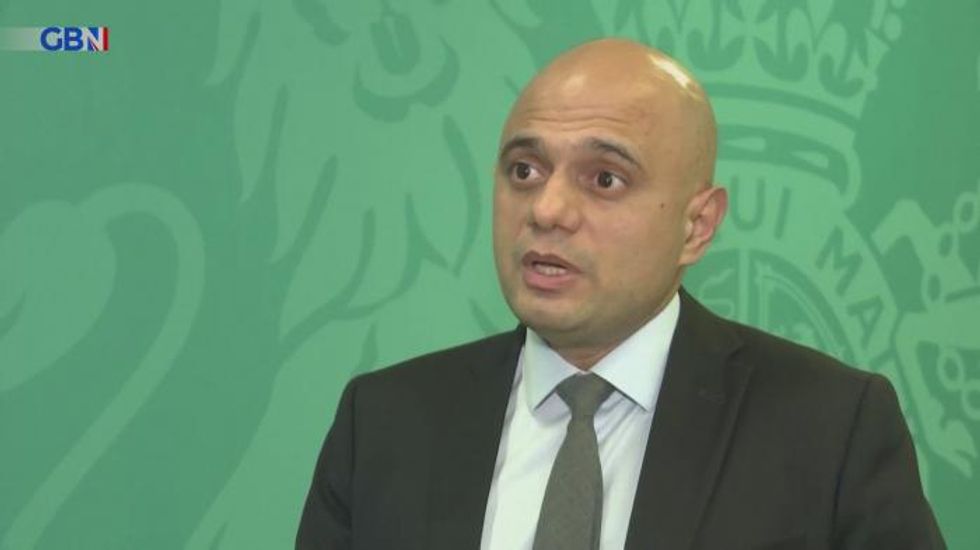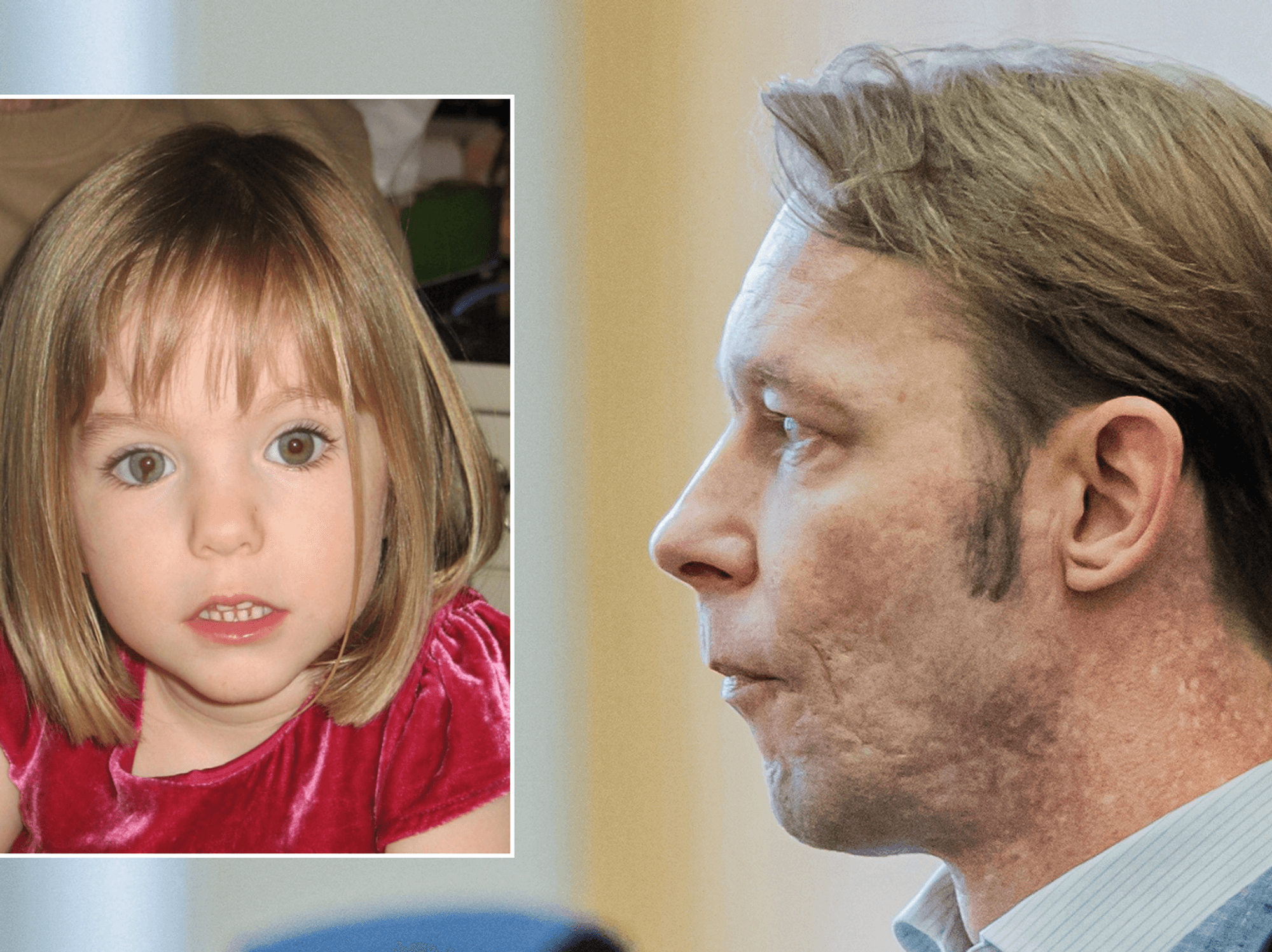Compulsory mask-wearing will also return in England’s shops and on public transport in the coming week
Don't Miss
Most Read
Trending on GB News
Two cases of the Omicron coronavirus variant have been detected in the UK and measures are being introduced to slow its spread.
How did the variant go from an emerging cause for concern in southern parts of Africa to arriving in the country.
November 23:
UK scientists first become aware of the new strain after samples are uploaded to a coronavirus variant tracking website from South Africa, Hong Kong and then Botswana.
November 25:
Downing Street says the variant will be kept under “close investigation”.
Health Secretary Sajid Javid says early indicators show it may be more transmissible than the Delta variant and the vaccines may be less effective against it.
It is announced that from the next day, six southern African countries – South Africa, Namibia, Lesotho, Eswatini, Zimbabwe and Botswana – will be added to the travel red list, meaning flights are suspended.
People arriving before then are told to self-isolate at home and take a PCR test on day two and day eight. Anyone who arrived up to 10 days prior is also told to take tests.
Mr Javid says scientists are “deeply concerned” about the variant.
November 26:
Scientists describe the variant as “very serious”, with Professor James Naismith, director of the Rosalind Franklin Institute, declaring it will “almost certainly” make the vaccines less effective.
Mr Javid updates MPs in the Commons on the variant called B.1.1.529, saying it “is highly likely that it has now spread to other countries”.
The Health Secretary tells of “very live” discussions over the prospect of adding further countries to the red list.
He confirms the Government is still following Plan A for managing Covid-19 in the autumn and winter but warns “if we need to go further, we will”.
Downing Street later urges those who have recently returned from one of the six southern African countries not to wait for NHS Test and Trace to contact them before getting tested.
On the back of the news, around £72 billion is wiped off London’s top shares as the FTSE 100 drops by 3.6%, one of its biggest points falls since the early days of the pandemic in March 2020.
Later in the day, it is designated a variant of concern by the World Health Organisation, and named Omicron.
Boris Johnson speaks to South Africa’s president Cyril Ramaphosa to discuss the challenges of the variant.
November 27:
Two cases of the Omicron Covid-19 variant are discovered in Brentwood and in Nottingham, the Department of Health and Social Care announces.
The individuals who tested positive, and all members of their households, are re-tested and told to self-isolate.
Mr Javid says the two cases are linked, as Malawi, Mozambique, Zambia and Angola are added to the travel red list.
The Prime Minister hosts a press conference in Downing Street alongside England’s chief medical officer Chris Whitty and chief scientific adviser Sir Patrick Vallance.
Mr Johnson tells the nation the new strain appears to spread “very rapidly”, can transmit between the double-vaccinated and may partially reduce the protection of existing vaccines.
To slow the “seeding” of the virus, Mr Johnson says anyone who enters the UK must take a PCR test by the end of the second day of their arrival and self-isolate until they receive a negative result.
All contacts with a suspected case of the new variant will have to isolate for 10 days, regardless of their vaccination status.
Compulsory mask-wearing will also return in England’s shops and on public transport in the coming week, falling back into line with Scotland, Wales and Northern Ireland, but will not be required in pubs and restaurants.
Prof Whitty says the Joint Committee on Vaccination and Immunisation (JCVI) will be tasked with looking at whether the booster programme can be extended down to the over-18s, and whether second doses should be offered to 12 to 15-year-olds.
Sir Patrick warns the country needs to “face up” to the possibility the variant will be a “major issue” if it turns out to be highly-transmissible and evades immunity.








